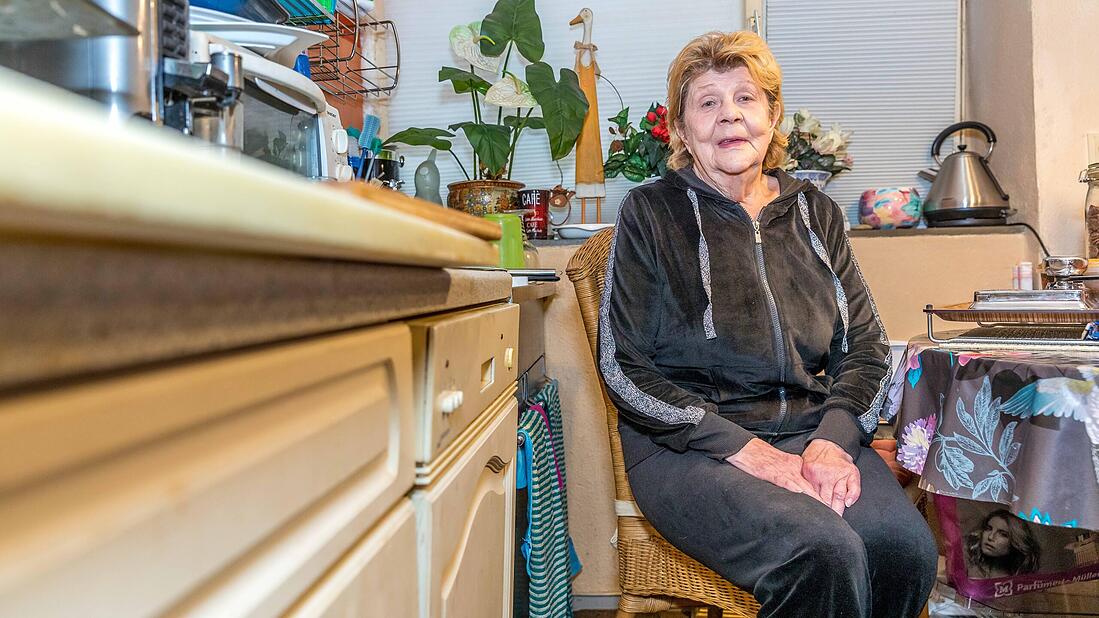A senior citizen in Würzburg has been evicted from the apartment she had lived in for 23 years to accommodate the German town’s latest influx of asylum seekers.
City representatives visited the home of Krystyna Thiele last month on her 77th birthday to inform her that she would need to vacate the property by the end of November.
“They told me that the apartment was too big for me alone and that they needed my apartment for a refugee family,” the pensioner told local media as cited by the Junge Freiheit news outlet.
She was reportedly told that she would be moved to another smaller apartment elsewhere, despite her current accommodation only being 44 square meters in size. The 77-year-old German citizen claimed the council employee advised her to “sell or throw away half of her furnishings” to make room upon downsizing.
As of Nov. 16, just a fortnight before she was due to be evicted, Krystyna had still not been informed of her new address but had been told she would be relocated to a “senior-friendly shared apartment.”
The apartment currently occupied by the pensioner is part of an affordable housing scheme for those at risk of homelessness and is usually time-limited while those living there seek alternative accommodation. However, Krystyna has struggled to find another place to live due to the housing shortage in the city and her modest pension of $690.52 per month.
“Maybe I got used to it too much, maybe I was too naïve,” she explained, revealing she had fallen upon hard times many years ago and found herself in need of the home. She had applied for an extension to remain living in the property after every six months since that time, which had always been approved.
[pp id=68101]
The local council refuted Krystyna’s claim that the apartment was being repurposed to house asylum seekers, with a spokesperson insisting that the move is to accommodate other more pressing cases at risk of homelessness.
“Despite massive efforts to acquire additional housing, the emergency shelters in the city of Würzburg are almost completely full,” the spokesperson explained, revealing there is currently a dramatic increase in the number of at-risk cases.
They expressed their understanding of “Mrs. Thiele’s worries and needs and the discomfort associated with moving,” but claimed that her current apartment was suitable for “accommodating several people or a family” and thus her relocation was necessary.
[pp id=66839]
Reports of German citizens being evicted from their homes to accommodate new arrivals have been widespread across Germany this year, including in Berlin where 110 nursing home seniors were moved by a Christian organization to make room for refugees.
Similarly in Lörrach, the city’s municipal housing association evicted dozens of long-term residents of affordable housing, many of them senior citizens, to accommodate migrants.
Protests against these decisions were labeled by local officials as “far-right.”






